In a significant policy shift, the Trump administration has exempted a wide range of electronics imports from its reciprocal tariffs. This decision, announced by the US Customs and Border Protection (CBP) in a notice posted late Friday, has major implications for tech giants like Apple, Nvidia, and Microsoft, as well as for consumers.
Key Details of the Exemption
The exemption covers products such as smartphones, laptops, computer monitors, hard drives, flat-panel monitors, and various electronic components. These items will not be subject to the 145% tariffs imposed on Chinese imports or the 10% baseline tariffs on imports from other countries. The exemption applies to products entering the US or removed from warehouses as early as April 5.
Relief for Tech Companies and Consumers
This exemption is particularly significant for companies like Apple, which relies heavily on Chinese manufacturing for its products. Roughly 90% of Apple’s iPhone production and assembly is based in China, according to estimates by Wedbush Securities. The exemption means that these companies can avoid the steep increases in production costs that would have resulted from the tariffs, potentially keeping consumer prices stable.
Analysts at Wedbush Securities called the tariff exclusion “the best news possible for tech investors,” noting that it provides a significant relief for Big Tech firms. This move is expected to boost investor confidence and could lead to a rally in tech stocks.
The Broader Context of Trade Policies
The exemption comes after President Trump imposed a minimum tariff rate of 145% on Chinese goods on Wednesday. However, it does not include the 20% tariff on Chinese goods related to the fentanyl trade. Trump has emphasized the need to bring manufacturing jobs back to the US and has urged tech companies to move their production to the US.
Future Implications and Uncertainties
While the exemption provides immediate relief, the future remains uncertain. The Trump administration has indicated that it will continue to push for companies to move production to the US. Additionally, the administration plans to conduct a national security review of semiconductor imports, which could lead to further changes in tariff policies.
Despite the exemption, economists warn that the costs of tariffs could still be passed on to consumers, potentially leading to higher prices for electronics. The long-term impact on the electronics industry will depend on how companies respond to these trade policies and whether they can successfully shift production to the US or other countries.
In conclusion, the exemption of electronics from Trump’s reciprocal tariffs provides a temporary reprieve for tech companies and consumers. However, the ongoing trade tensions and potential future tariffs mean that the industry must remain vigilant and adaptable.
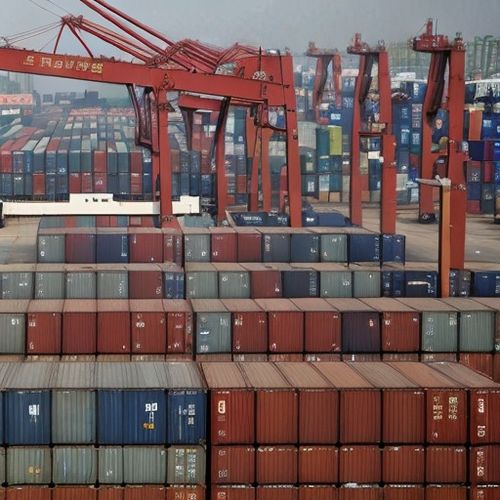
By Samuel Cooper/Apr 14, 2025

By Michael Brown/Apr 14, 2025
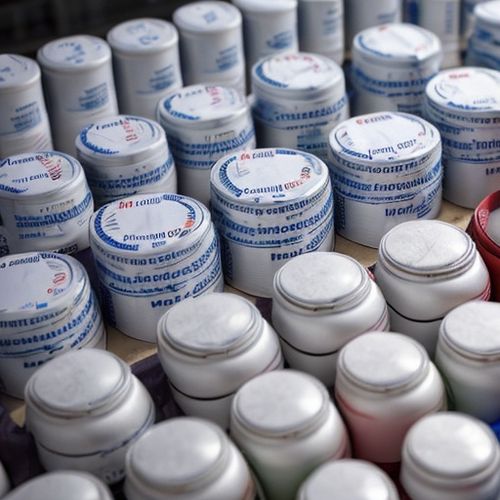
By Emma Thompson/Apr 14, 2025

By David Anderson/Apr 14, 2025
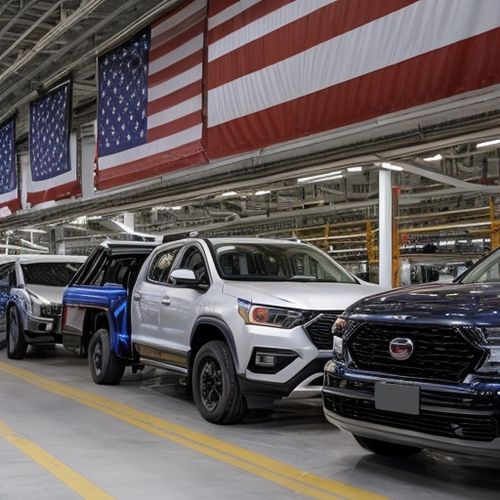
By Megan Clark/Apr 14, 2025
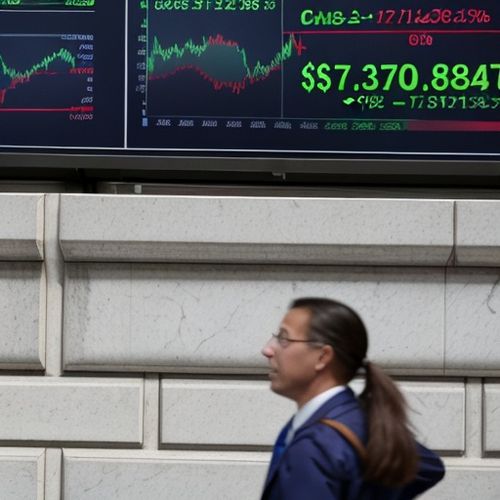
By Emma Thompson/Apr 14, 2025

By Thomas Roberts/Apr 14, 2025
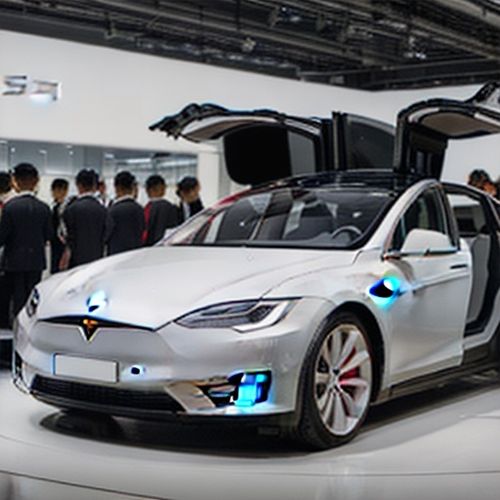
By Rebecca Stewart/Apr 14, 2025
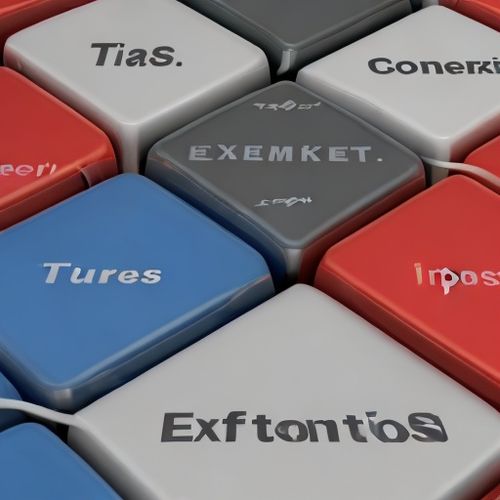
By Natalie Campbell/Apr 14, 2025

By Laura Wilson/Apr 14, 2025

By Ryan Martin/Apr 14, 2025
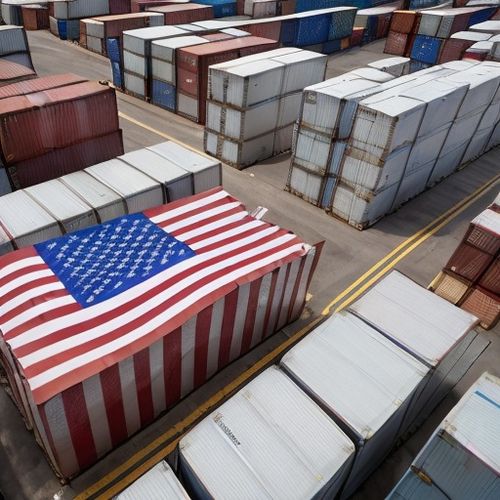
By Elizabeth Taylor/Apr 14, 2025
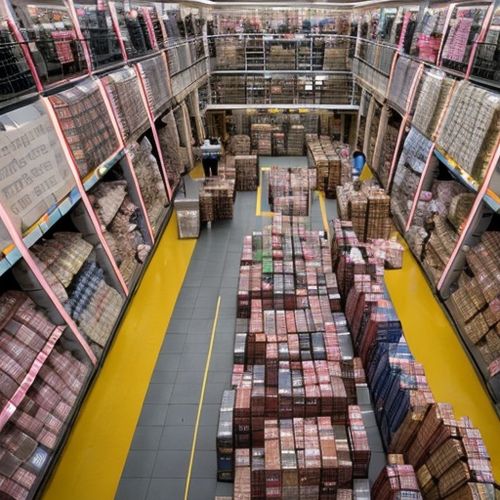
By Laura Wilson/Apr 14, 2025

By Sophia Lewis/Apr 14, 2025
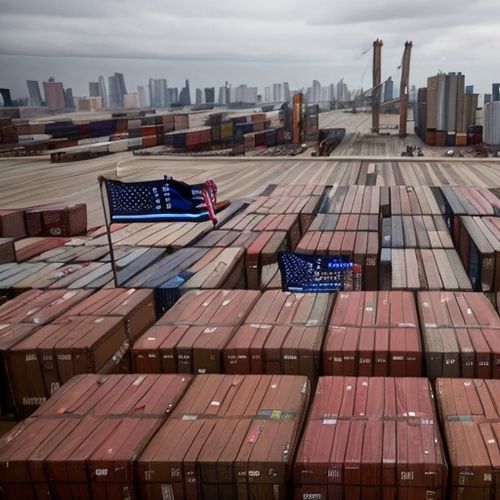
By Laura Wilson/Apr 14, 2025

By Elizabeth Taylor/Apr 14, 2025

By Amanda Phillips/Apr 14, 2025
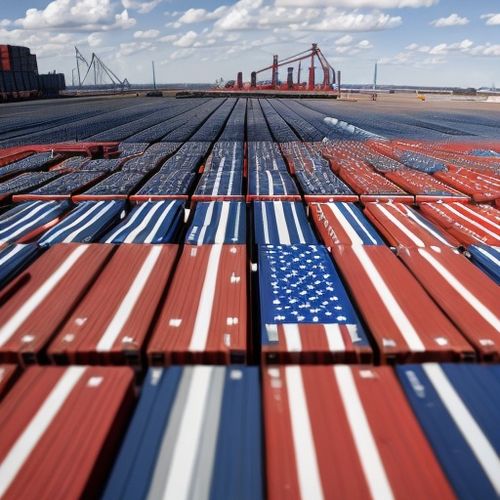
By Sarah Davis/Apr 14, 2025
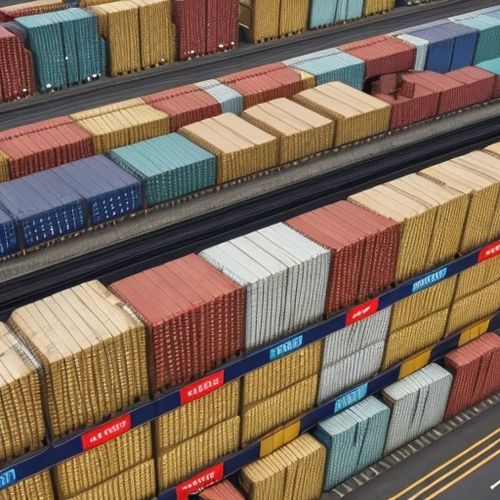
By Samuel Cooper/Apr 14, 2025